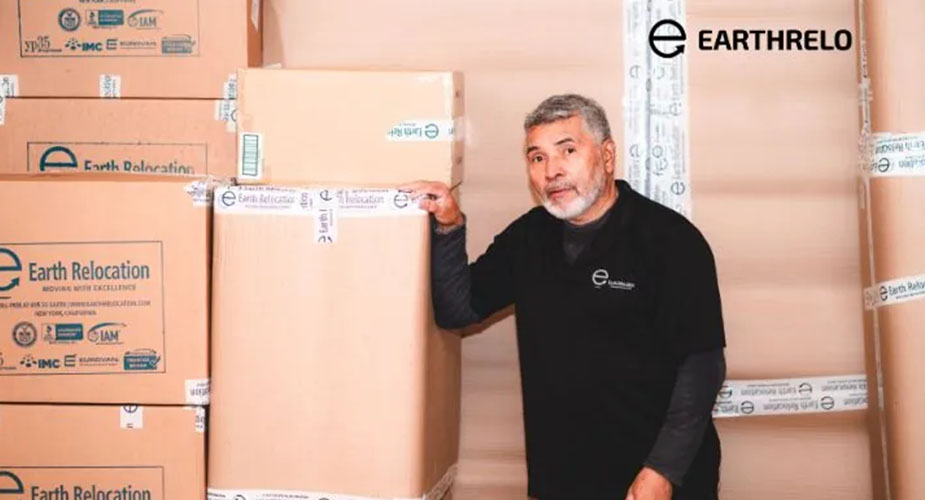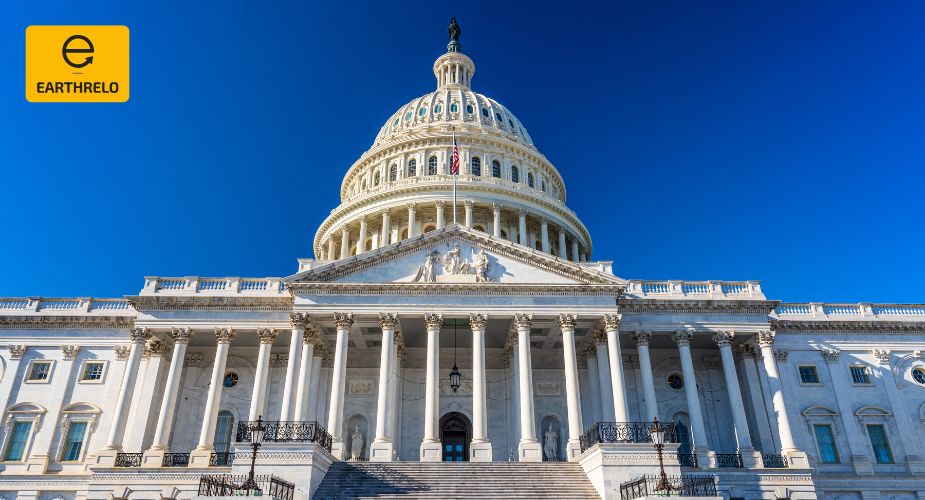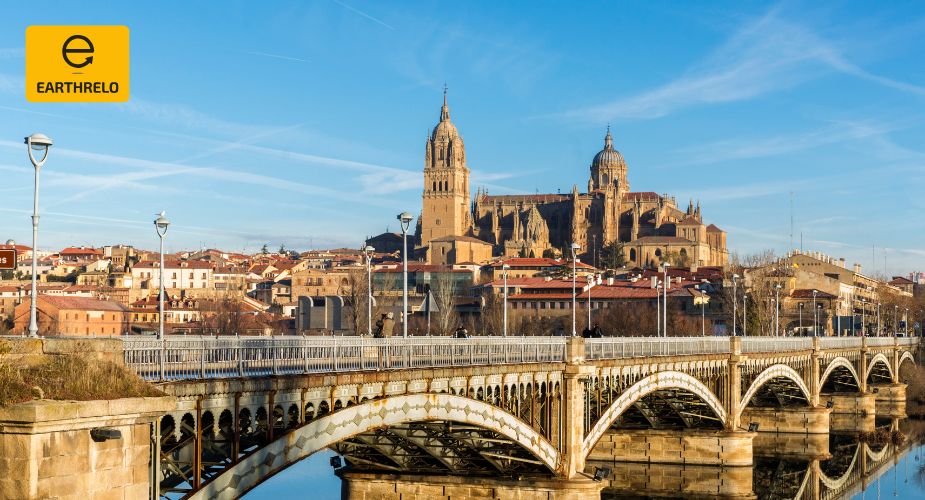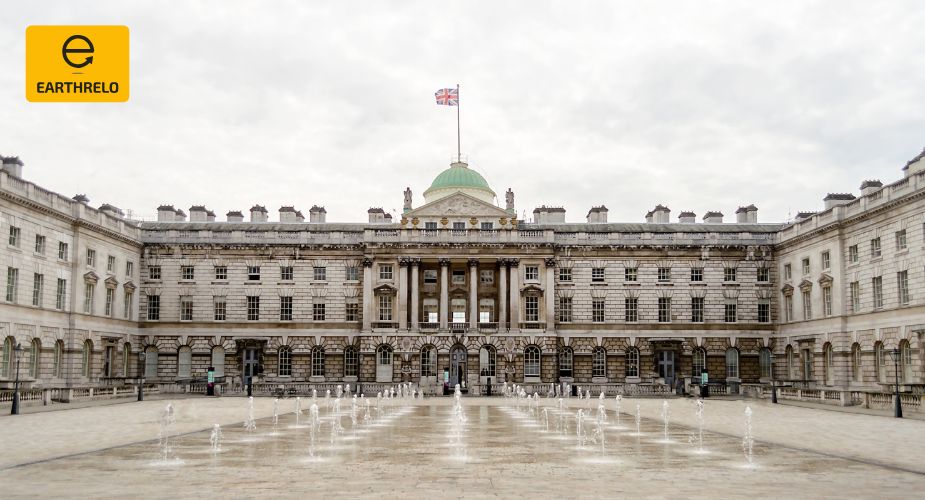- July 24, 2024
Relocation to India is an exciting and transformative experience. The country’s rich culture, diverse landscapes, and booming economy make it an attractive destination for many expatriates. However, preparing for such a significant transition requires thorough planning and an understanding of what to expect. In this guide, we will cover essential aspects to help you prepare for your relocation to India, from visa requirements and healthcare options to navigating daily life and cultural adjustments.
Preparing for Your Relocation to India
Packing and Shipping
Preparing to relocation to India requires making decisions about how you will ship your things. In general, you will have two options: sea freight or air freight.
- Sea Freight: This is the most economical choice for shipping large quantities. While it is cost-effective, it also takes longer, typically several weeks to a few months depending on ports of origin and destination.
- Air Freight: This option is faster thus advisable if people urgently need their belongings. Nevertheless, it costs significantly more than sea freight; up to 12-16 times its price.
Shipping costs will vary based on the volume of goods and the distance between your current location and India. Make sure to get quotes from multiple shipping companies to find the best deal for your relocation to India. Additionally, understanding the customs regulations and preparing the necessary documentation can help ensure a smooth transition.
Healthcare in India
Healthcare is one of the most important aspects that one has to consider when relocating to India. There are two types of health systems in India; private and public.
- Public Healthcare: Basic health services are offered by government hospitals at cheaper rates but they are usually marked by lengthy queues and ageing facilities with minimal amenities.
- Private Healthcare: Private hospitals in India are known for their high-quality services, modern facilities and shorter waiting time.Though more expensive than public health care, it is still relatively cheap compared with Western standards.
You should take health insurance from your employer or buy one yourself so that you can cover hospitalization as well as any emergencies that may arise. Thus, you will be able to get good facilities during your stay and it will help reduce stress.
Job Market in India
India’s job market is thriving, especially in sectors like IT, engineering, and biotechnology. Here’s what you need to know:
- Key Sectors: The IT sector is booming, with major hubs in cities like Bangalore, Hyderabad, and Pune. Engineering and biotechnology are also prominent, offering numerous opportunities for skilled professionals.
- Finding Employment: English proficiency is highly valued, and a good education is essential. Many multinational companies operate in India, providing ample job opportunities for expatriates. Networking and leveraging platforms like LinkedIn can be beneficial in your job search.
- Teaching Opportunities: For native English speakers, teaching positions are in high demand. Other languages like French and German are also gaining popularity, offering more teaching opportunities.
Research the job market specific to your field and reach out to potential employers before your relocation to India to streamline your job search.
Navigating Daily Life in India
Accommodation in India
Finding the right accommodation is crucial for a comfortable stay in India. Here are your main options:
- City Center vs. Suburban Living: Living in the city center offers proximity to work, amenities, and vibrant urban life but comes with higher costs. Suburban areas are more affordable and provide a quieter living environment.
- Rental Costs: Rental prices vary widely based on location. In major cities like Mumbai and Delhi, expect to pay higher rents compared to smaller towns. For example, a one-bedroom apartment in the city center might cost around ₹10,000 – ₹15,000 per month, while in the suburbs, it could be as low as ₹6,000.
- Purchasing Property: If you plan to stay long-term, buying property might be a good investment. However, property prices in major cities are steep. Always consult with a local real estate agent to understand the market dynamics.
Transportation in India
Navigating transportation relocation to India can be an adventure of its own. Here’s a quick guide:
- Public Transportation: Major cities have extensive public transport systems, including buses, metro, and local trains. These are cost-effective and efficient ways to get around. For instance, the Delhi Metro is known for its punctuality and coverage.
- Driving in India: If you prefer driving, you’ll need an International Driving Permit (IDP) or a local license. Be prepared for traffic congestion and different driving norms. It’s advisable to hire a driver initially until you get accustomed to the local driving conditions.
Using ride-sharing apps like Uber and Ola can also be a convenient and affordable way to travel, especially in urban areas.
Cost of Living in India
Understanding the cost of living in India will help you budget effectively:
- Food and Utilities: Food in India is relatively inexpensive. A meal at a local restaurant can cost as little as ₹100. Utilities like electricity and internet are also affordable.
- Monthly Expenses: On average, living costs in India are about 67.92% lower than in the United States. Major expenses include rent, food, and transportation. For instance, a family might spend around ₹30,000 – ₹50,000 per month, depending on their lifestyle and location.
Budgeting is essential to ensure you live comfortably within your means while enjoying your new surroundings.
Cultural Adjustments in India
Language
One of the primary cultural adjustments you’ll encounter during your relocation to India is the language barrier. While Hindi is the most widely spoken language, English is commonly used in business and education, making it easier for expatriates to communicate. However, each state in India has its own official language. For example, Tamil is spoken in Tamil Nadu, and Bengali in West Bengal. Here are some tips to help you adjust:
- Learning Basic Phrases: Familiarize yourself with basic phrases in the local language of your new city. This will help you in daily interactions and show respect for the local culture.
- Language Classes: Consider enrolling in language classes to learn Hindi or the regional language of your area. This can greatly enhance your integration and improve your overall experience.
- Language Apps: Utilize language learning apps like Duolingo or Babbel to practice on the go.
Understanding the linguistic diversity will enrich your experience and ease your relocation to India.
Cuisine in India
India’s cuisine is as diverse as its culture. The country offers a plethora of culinary delights, from spicy curries to delectable sweets. Here’s what you need to know:
- Regional Varieties: Each region in India has its own unique cuisine. For instance, South Indian cuisine is known for its dosas and idlis, while North Indian cuisine features rich curries and bread like naan and roti.
- Vegetarian Options: A significant portion of the Indian population is vegetarian. This means you’ll find plenty of vegetarian and vegan options, making it easy to maintain such diets.
- Street Food: India is famous for its street food. Trying local delicacies like pani puri, samosas, and chaat can be a delightful experience. However, ensure you choose clean and hygienic vendors to avoid health issues.
Embracing Indian cuisine is an essential part of your cultural adjustment and can make your relocation to India more enjoyable.
Social Etiquette in India
Understanding and respecting social etiquette is crucial for a smooth transition when you relocation to India. Here are some key points to consider:
- Greeting: A common greeting in India is “Namaste,” often accompanied by pressing your palms together at chest level. This gesture shows respect and is widely appreciated.
- Respecting Elders: Indian culture places great importance on respecting elders. Always greet and address elders with respect.
- Dress Code: Dress modestly, especially in rural areas and religious places. Wearing traditional attire like sarees for women and kurta-pajamas for men can also be a way to show respect and blend in.
- Shoes: Remove your shoes before entering someone’s home or a religious place. This is a common practice and a sign of respect.
Being aware of these social norms will help you integrate smoothly and show respect for the local culture during your relocation to India.
Essential Services in India
Banking and Finances
Managing your finances effectively is crucial when you relocation to India. Here’s a guide to help you get started:
- Setting Up a Bank Account: Open a bank account soon after your arrival. Major banks like State Bank of India (SBI), HDFC, and ICICI offer a range of services for expatriates.
- Currency Exchange: The Indian Rupee (INR) is the official currency. Familiarize yourself with the exchange rates and use reliable services for currency conversion.
- Online Banking: Most banks in India offer comprehensive online banking services. This can be convenient for managing your finances, paying bills, and transferring money.
Understanding the financial landscape will ensure that your relocation to India is financially smooth and secure.
Healthcare Access
Access to healthcare is a top priority when relocating. India offers both public and private healthcare options:
- Public Healthcare: Government hospitals are available, but they may have longer waiting times and limited resources. They are more affordable but may not meet the standards you are accustomed to.
- Private Healthcare: Private hospitals offer high-quality care, modern facilities, and shorter waiting periods. They are more expensive but provide better service.
- Health Insurance: It’s advisable to have health insurance that covers hospitalization and emergency services. This can be obtained through your employer or purchased independently.
Knowing your healthcare options ensures that you and your family have access to necessary medical services during your relocation to India.
Education System in India
If you are moving to India with your family, understanding the educational landscape is important:
- International Schools: India has numerous international schools that follow curricula from the US, UK, and other countries. These schools offer high standards of education and are suitable for expatriate children.
- Local Schools: Enrolling your children in local schools can be a more affordable option. However, ensure that the school offers a curriculum that aligns with your expectations.
- Higher Education: India is home to some prestigious universities and colleges. If you are moving for higher education, research institutions that offer programs in your field of interest.
Choosing the right educational institution will ensure a smooth transition for your children and enhance their learning experience during your relocation to India.
Also Read: An American Moving to India – Here’s All to Know
Wrapping Up
Final Preparations
As you approach the final stages of your relocation to India, it’s essential to ensure that all preparations are in place:
- Checklist: Create a comprehensive checklist of tasks to complete before your move, including canceling local services, forwarding mail, and arranging for transportation.
- Important Documents: Ensure you have all important documents, such as passports, visas, medical records, and educational certificates, readily accessible.
Settling In
Once you’ve arrived, settling in smoothly will help you adjust to your new life:
- Acclimating: Take time to explore your new surroundings, meet neighbors, and learn about local customs and traditions.
- Expat Communities: Join expatriate communities and support groups to connect with others who have gone through similar experiences. These groups can provide valuable advice and support.
Exploring Relocation To India
Embrace the adventure and explore the rich cultural heritage of India:
- Must-Visit Places: From the Taj Mahal in Agra to the backwaters of Kerala, India offers countless attractions. Take time to travel and experience the diverse landscapes and historical sites.
- Cultural Experiences: Participate in local festivals, try traditional foods, and immerse yourself in the vibrant culture. This will enhance your overall experience and make your relocation to India truly memorable.
By following these tips, you can ensure a smooth and enjoyable transition as you relocation to India, making the most of your new adventure in this fascinating country.
Also Read: Prepare for Your Move to India





